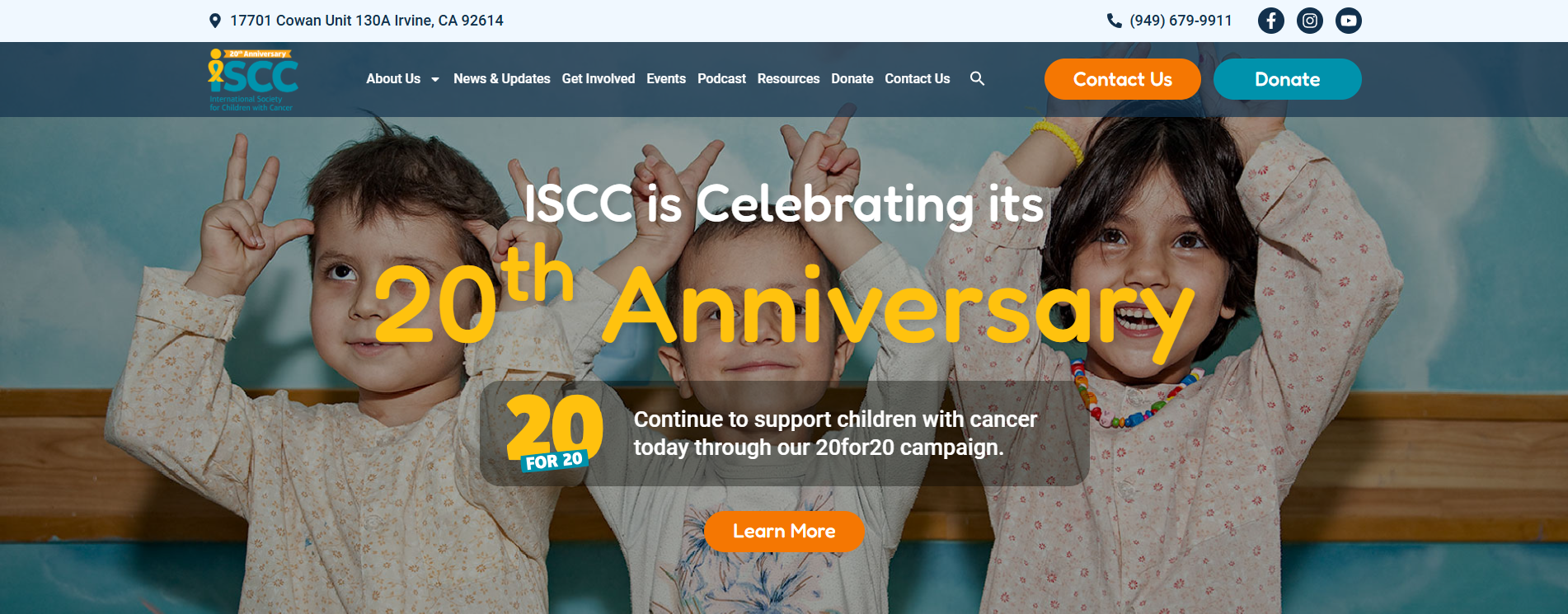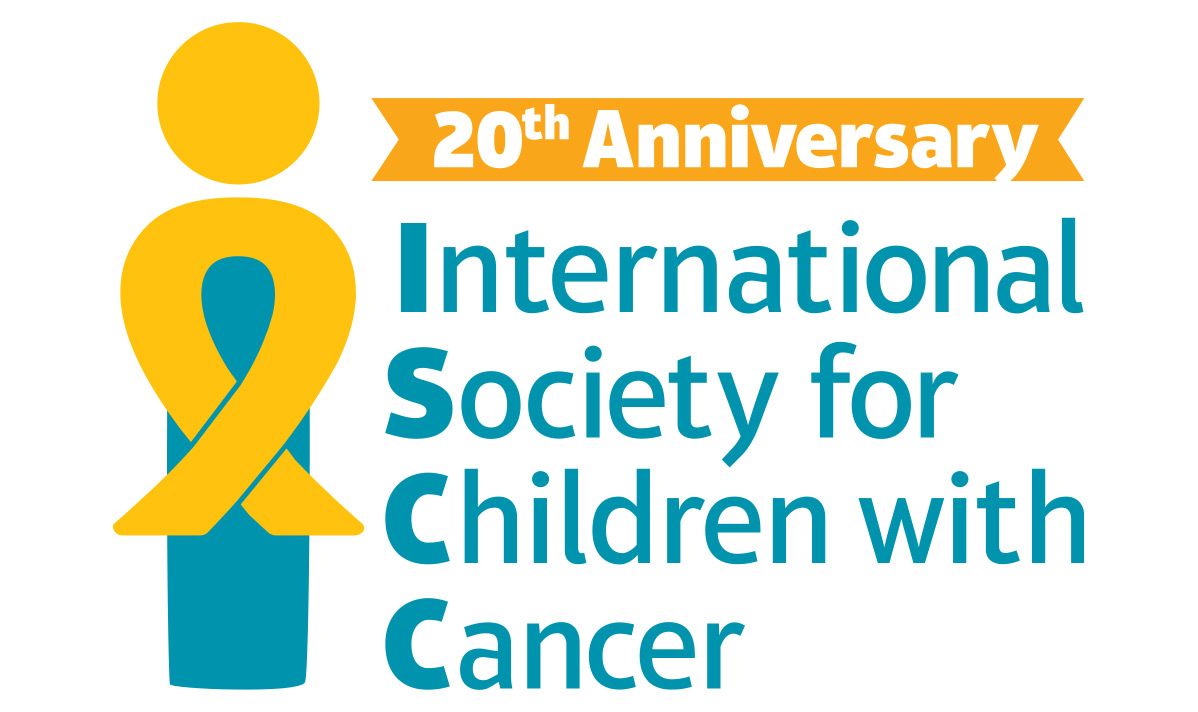Some forms of childhood cancer can affect the ability to walk or perform other movements children normally take for granted. Other variations of this disease can weaken muscles and joints. Regaining mobility and flexibility and regaining strength often involves extensive physical therapy that’s usually coupled with treatment for a child’s particular form of cancer. One type of therapy that may be beneficial for pediatric cancer patients is aqua therapy, which refers to therapeutic exercises performed in water.
Reducing Pressure & Pain
The natural buoyant forces of water can ease the pressure on joints and muscles that sometimes makes it difficult for children with cancer to actively participate in land-based PT. Performing anti-gravity movements in water allows for enough resistance to strengthen supporting structures within the area affected by cancer. Aqua therapy may be just as beneficial when children need to improve their muscle strength following cancer surgery or a lengthy hospital stay. The uniform pressure of the water can allow for greater flexibility of joints affected by cancer that would otherwise be too painful for a child to move.
Decreasing Cancer-Related Pain
Immersion in comfortable pool water may help ease the cancer pain that can sometimes affect a child’s daily quality of life. If discomfort is severe, the reduction in weight that’s experienced in water may provide a noticeable decrease in pain. Even if the relief is only significant in water, it could make a big difference for a child who normally lives with ongoing or recurring pain.
Promoting Relaxation and Easing Stress
Increased anxiety and stress over symptoms experienced and possible restrictions with participation in enjoyable activities can take a toll on a child’s overall well-being. Because aqua therapy is meant to be relaxing and fun, it can also help a child relax. In some cases, being in the water may even allow a young cancer patient to participate in modified water-based games and activities as part of their therapy. The resulting reduction in stress may also improve results with other treatment efforts that could be affected by underlying stress and anxiety.
When performed in a heated pool, aqua therapy may have additional therapeutic benefits for children affected by cancer. For instance, the warm water may improve circulation enough to help stimulate tissue healing. As for finding places where aqua therapy can be performed, some hospitals and community centers offer such programs. Your child’s doctor or physical therapist should also be able to help you find a water-based program that’s appropriate for your child’s needs.











